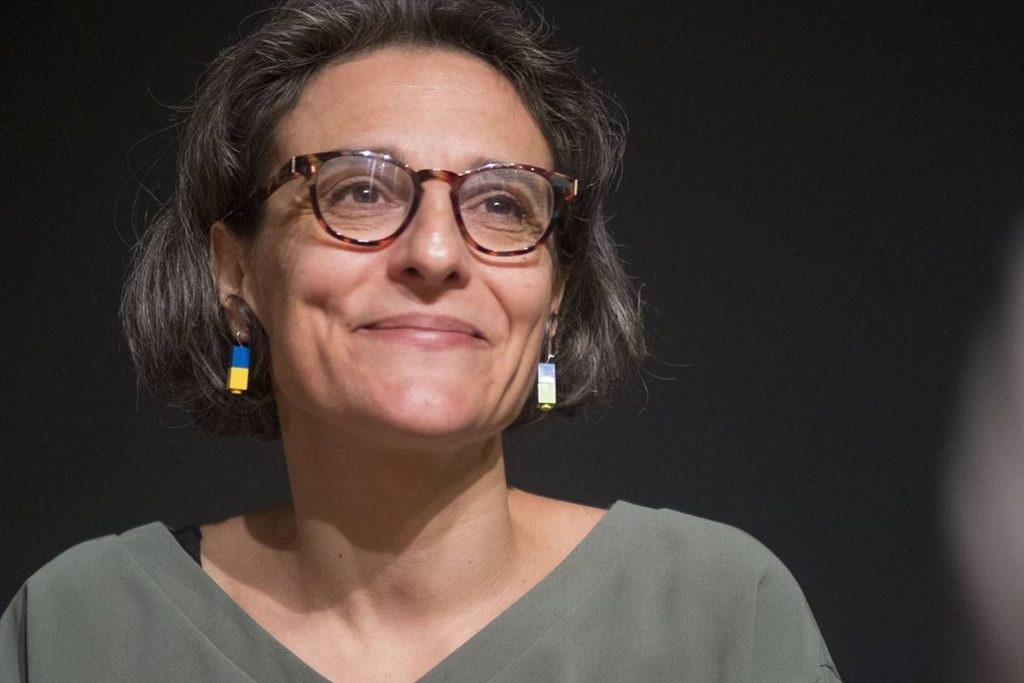Leticia Castro entrevista Susanna Tesconi en la diaria educación: “La tecnología y la pedagogía crítica van de la mano”
Susanna Tesconi profesora de la UOC e investigadora del grupo DARTS fue entrevistada en Montevideo en Uruguay, por Leticia Castro en una conferencia sobre educación en la que participó. Pueden […]


